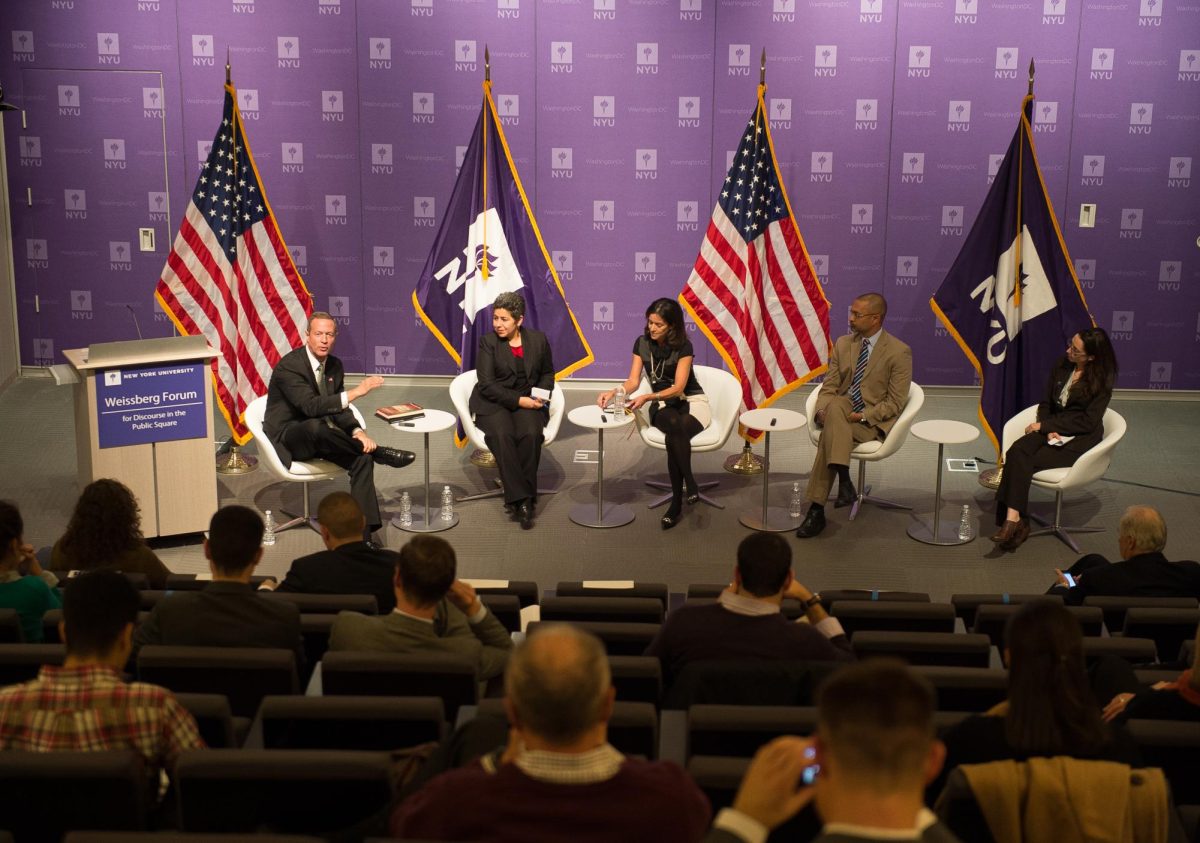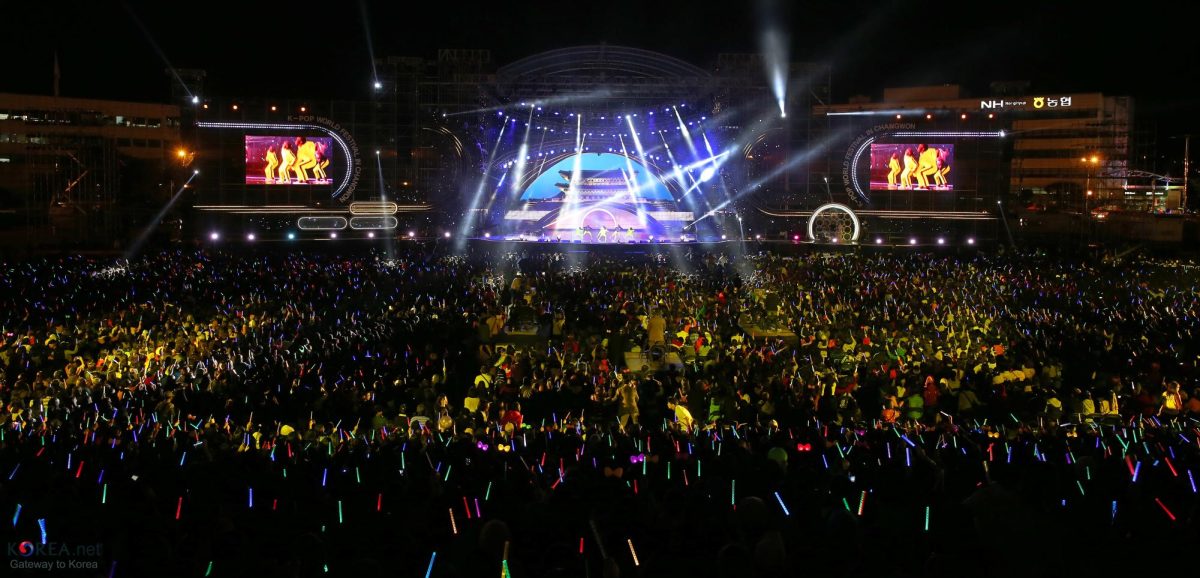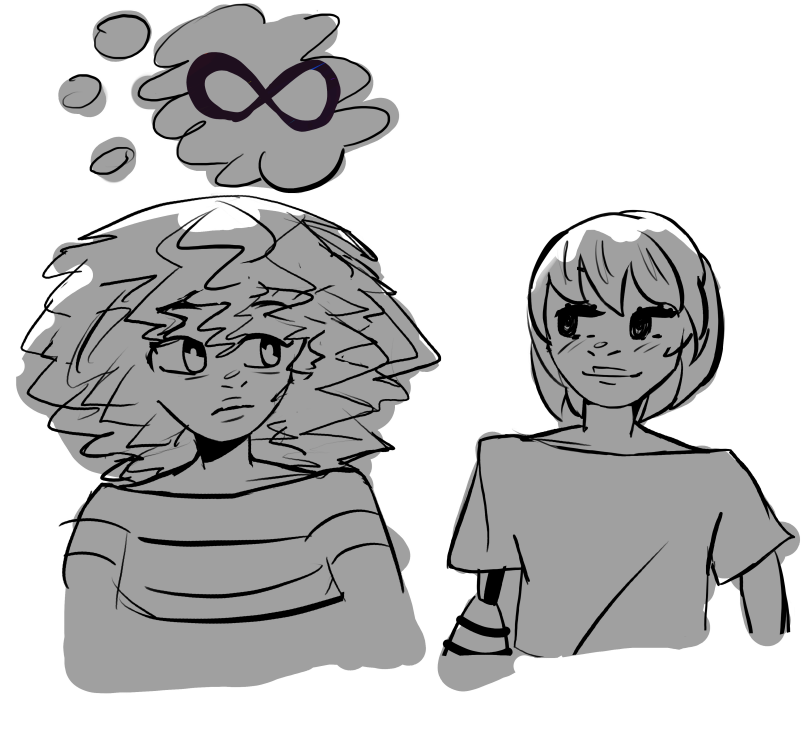These days, political discussions often get loud before anyone really thinks things through. We tweet, argue and share headlines, but we rarely pause to consider where our ideas actually come from. It’s strange: we have access to more information than ever, yet fewer people seem interested in really understanding it. Lately, though, most people react emotionally rather than rationally, which is making honest conversation harder to find.
The health of liberalism depends on our emotional intelligence. When I talk about “liberalism,” I don’t mean Democrats or Republicans; I mean a civic culture that values curiosity, open debate and the belief that truth can handle tough questions. Liberalism thrives when people disagree in good faith, because friction sharpens truth. But that ideal collapses when temper replaces logic, curiosity turns into defensiveness and dialogue becomes performance.
Researchers call this affective polarization, when people don’t just disagree, but start to dislike each other. Stanford political scientist Shanto Iyengar has shown that Americans are increasingly dividing along emotional lines rather than ideas, making it harder for citizens to find genuine common ground.
That emotional divide isn’t theoretical. James Druckman and Jeremy Levy at Northwestern University measure it using a “feeling thermometer,” asking citizens to rate how warmly they feel toward their own party and how coldly toward the other party. In the 1970s, Americans rated the opposing party at 48 degrees — lukewarm. Today it’s around 20. That 28-degree drop is more than statistics; it’s the emotional chill between neighbors, classmates and even families.
Yet some argue that emotion itself isn’t the problem, that politics actually needs more passion. They see pure rationalism as distant, a cold way to discuss issues that demand genuine feeling. And in many ways, they’re right — emotion has always fueled reform and revolution. Passion turns frustration into protest and empathy into collective action. Without it, politics would lose its engine.
However, that raises a more complex question: Should we always try to? It’s one thing to compromise on tax policy; it’s another when leaders mock marginalized groups or deny others’ fundamental rights. In those cases, calls for unity can feel hollow. For many Americans, politics isn’t something they choose to enter; it’s forced on them. Their race, sexuality or immigration status becomes politicized by others, turning everyday life into a debate stage. In that climate, disagreements aren’t about policy anymore; it’s about whether someone’s existence is seen as valid.
I asked people if they think we rely more on emotions than on our minds when we talk about politics. Camden Wilson, a first-year studying statistics, said, “Most people try to make an effort to use their minds more, but whenever they find or face any disagreement, they can very easily shift to a more emotional argument.” I agree with him. These days, what we call “discourse” often feels like a competition instead of a real conversation.
On social media, the loudest and most emotional voices get the most attention. Outrage spreads far beyond thoughtful discussion.
We like to think the internet has made us smarter — after all, answers are just a search away. Still, with so much going on, the loudest voices tend to stand out. Instead of taking time to think, we end up reacting as we scroll. With all this information online, we’re not really getting smarter, just making more noise.
All that noise hasn’t just changed how we share information, it’s also changed how we value it. The internet rewards speed over thought, and that’s made skepticism toward deeper thinking more common. Lately, there’s even a kind of hostility toward intellect. Some people see complex thinking as a sign of arrogance, almost like using logic means you’re out of touch with real life. I’ve noticed classmates roll their eyes when someone uses a word they don’t know or says an argument is too academic. This attitude doesn’t make our politics more democratic; it just makes them more shallow.
To find out more, I asked another question: Do you think being educated or thoughtful makes people seem out of touch?
Luis Leon-Solis, a recent political science graduate, said, “I do. That’s because the use of higher language inherently indicates that people are better educated. And with the system we have now, there’s definitely a class divide between those who have access to education and those who don’t.”
He’s right. When education becomes a privilege instead of a bridge, people stop seeing learning as a connection and start seeing it as a separation.
In a culture where intellect is often dismissed as elitist, we risk confusing anti-arrogrance with anti-thinking. Calling intellect elitist does not empower people. It lets them avoid thinking. Liberalism does not require you to be a scholar; it simply asks you to stay curious. It relies on citizens who can question authority without ignoring the truth. If we treat education as snobbery, we give power to those who shout the most and listen the least.
As sociologist James M. Jasper writes, “Emotions are present in every phase of protest — they motivate people and shape the goals of social movements.” So, while anger can spark change, it is hope, solidarity and reason that keep it going. Passion can inspire people, but only careful thought and reflection can truly move society forward.
Liberalism works best not by shutting down feelings, but by shaping them. Our emotions should encourage us to think, not take the place of thinking.
To encourage real thinking again, our enviroment has a crucial role, from childhood education to everyday news headlines, we’ve become accustomed to dealing with information overload each day without ever stopping to really ponder what it means. In many classrooms, memorization takes priority over reasoning. Students often learn to give answers rather than ask questions. Most news outlets care more about catching our eye than earning our trust. They turn complicated stories into quick headlines that just reinforce what we already think. Programs such as debate and media literacy have been set aside in favor of test preparation. So it makes sense that many of us keep scrolling rather than taking the time to learn, since that’s what the system encourages.
So I asked another question: What can we do to help people think more deeply, especially in schools and the media? “The best way would be to promote more face-to-face discussions, because I think it helps prevent people from relying on emotion when they disagree,” Wilson answered. Real conversation, the kind that happens face to face, doesn’t let emotion distort reason as easily. It shows us that arguments are not battles, but chances to understand each other.
Liberalism doesn’t fall to censorship; it fades when we forget that thinking is an act of care, not just duty. It disappears not in the noise of oppression, but in the silence that begins when people stop asking why. If emotion has overtaken reason, then maybe the real revolution is a quiet one: someone pausing to think before they speak.







